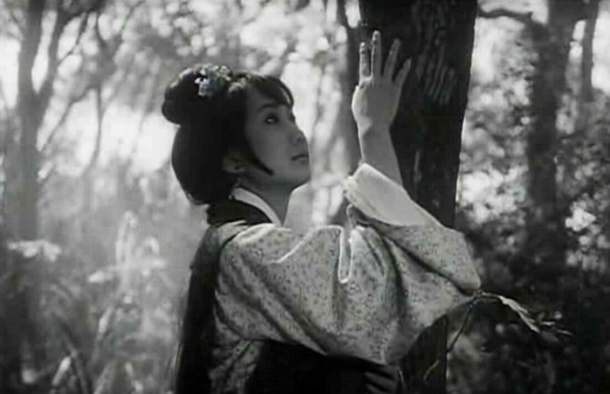
TIFF’s TOGA! The Reinvention of American Comedy Review: National Lampoon’s Animal House (1978) - Essential Viewing
Having just attended the Animal House Reunion, I was excited to see this cult-classic college comedy which I hadn’t seen since I was a child. I was full of energy—like everyone else in the near-sold-out theatre—and prepared for hilarity to ensue. The guests certainly shored up some of the great ideas behind the film, as well as provided some interpretation and analysis themselves. I went into the film highly prepared to look for those moments mentioned during the Reunion. I think this definitely made my experience better that it would have been otherwise; however, I’ll be sure, in this post, to review the film itself.







